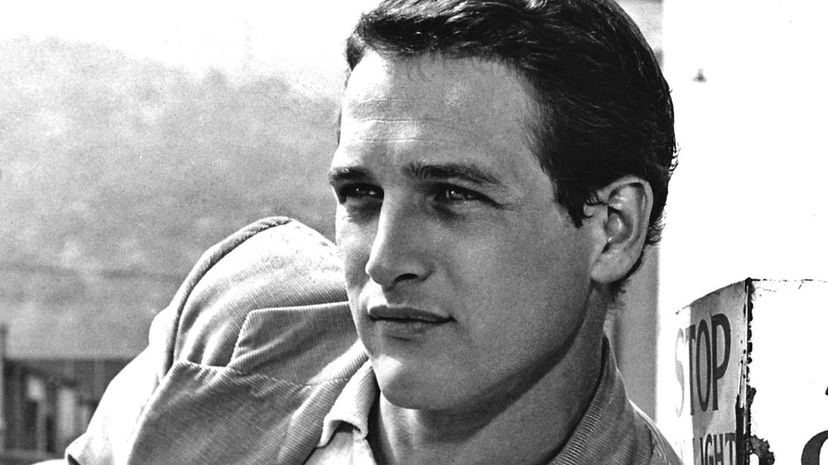
About This Quiz
America was riding high on victory after WWII, enjoying a level of unprecedented patriotism, economic vitality and optimism. So of course, the returning GI's were coming home to their families, moving to the suburbs, and having a whole lot of kids to celebrate. In fact, birth rates spiked so much in the post-war period between 1945 and 1964 that this generation was labeled the baby boomers. While the sheer number of boomers is impressive on its own, one of the most fascinating things about this generation is the cultural changes that took place in society during their youth.Â
Keep in mind that when the first members of this generation were born in the mid-'40s, most homes didn't have televisions, and music was mostly of the big band variety. By the time the final boomers were born in '64, almost every U.S. home had at least one TV, rock and roll was taking over the airwaves, and the countercultural movement was well underway. This cultural shift meant a whole new series of celebrities dominating the box office, music charts, television and headlines compared to the most famous stars of the previous generation.Â
Think you can recognize the most famous celebs of the baby boomer era? Take our quiz to see how many you can name!
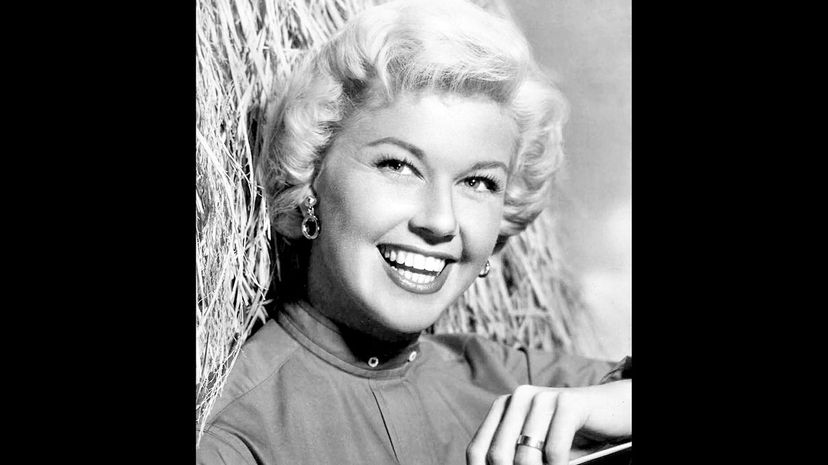
Doris Day recorded hundreds of songs before trying her hand at Hollywood in the early '50s. Her blonde locks and bright smile were a perfect match for rom-coms, including "Pillow Talk," which co-starred Rock Hudson and earned Day an Oscar nomination. From 1968 through 1973, she starred on "The Doris Day Show," a sitcom in which she played a widow struggling to raise two sons.
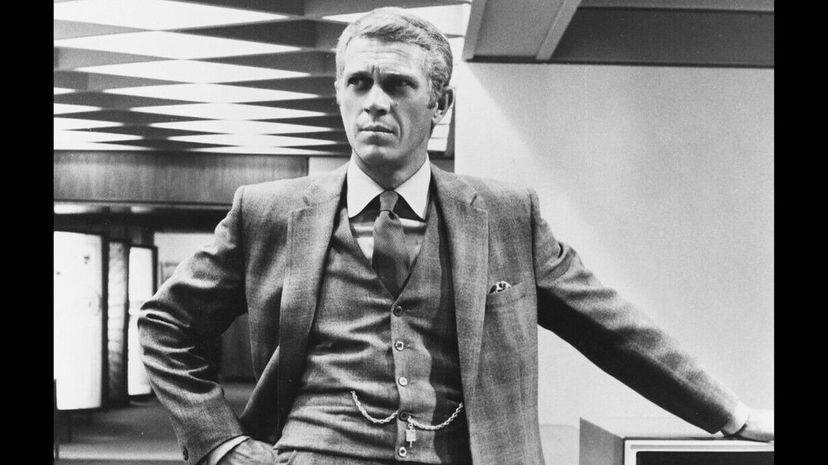
For much of the '60s, there was simply no one cooler than Steve McQueen. After racing motorcycles to make a living as he struggled to make it as an actor, he hit it big as a bounty hunter in the TV series "Wanted: Dead or Alive." Parts in flicks like "The Magnificent Seven" and "The Great Escape" quickly followed, but McQueen will also be remembered for that iconic car chase scene in "Bullitt."
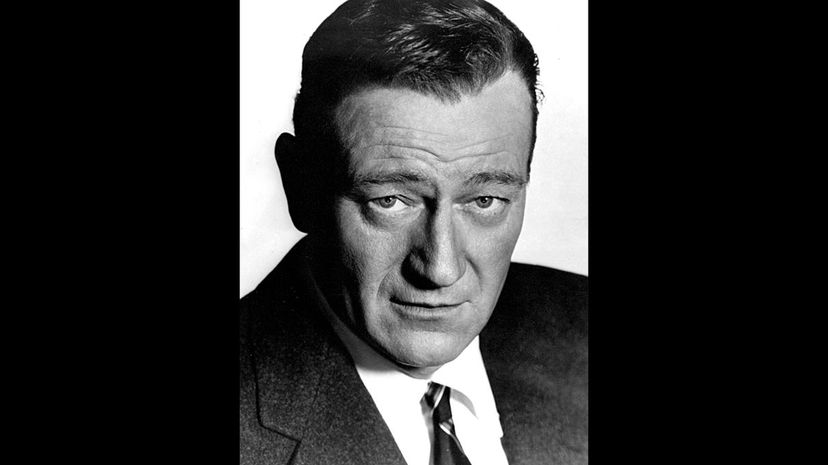
John Wayne had a football scholarship to USC until a surfing accident cost him his place on the team. He reluctantly turned to film, and went on to become one of the most iconic western stars of all time. His big break came in 1939 with "Stagecoach," but it was the 1969 film "True Grit" that earned his his first Oscar.
Advertisement
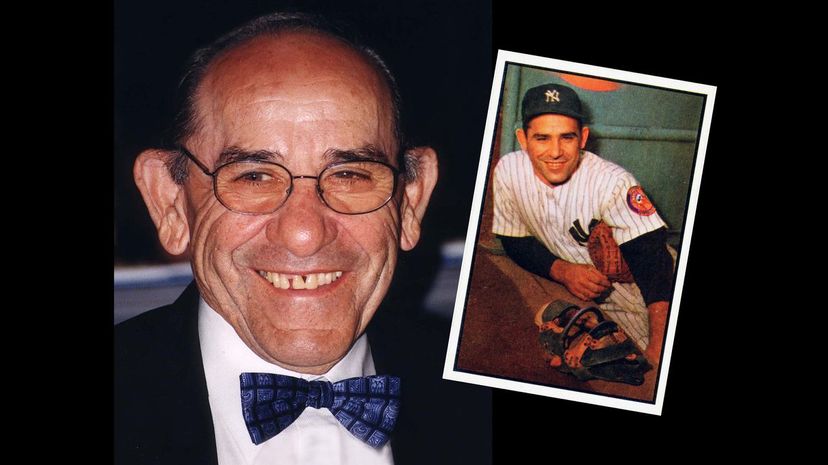
A member of the New York Yankees from 1946 through 1963, Yogi Berra was one of the most famous MLB players during the boomer years. He went on to coach and manage the sport through the late '80s and also had three sons who all went on to play pro sports.
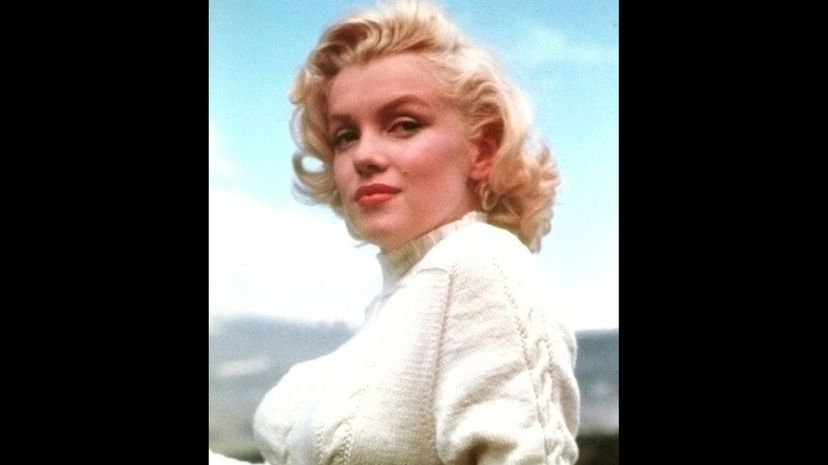
One of the brightest and most recognizable stars of the '50s, Marilyn Monroe starred in films like "Gentlemen Prefer Blondes" and "The Seven Year Itch." Despite her box office success, she is equally remembered for her bombshell style, which earned her the cover of the very first issue of "Playboy" in 1953.
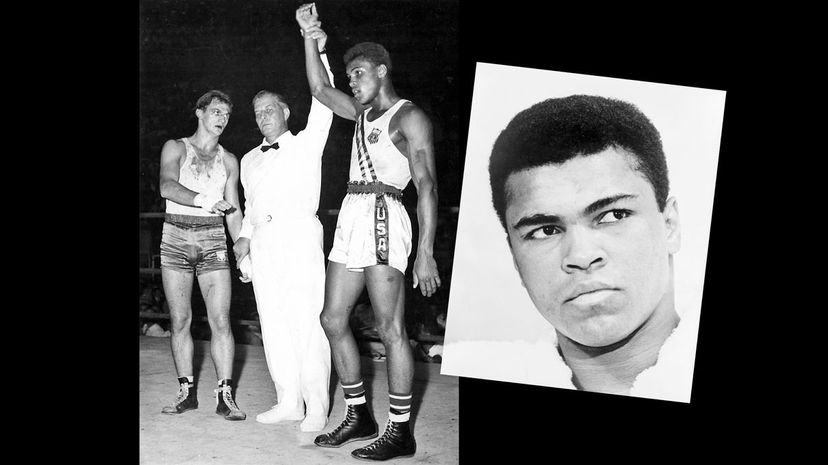
Muhammed Ali is a celebrity who transcends generations, but it was the baby boomers who grew up idolizing the boxer in his prime. He won gold at the 1960 Olympics in Rome as Cassius Clay, then converted to Islam the next year and took on a new name. In 1964, Ali, stunned the sports world when he defeated Sonny Liston to become World Heavyweight Champion.
Advertisement
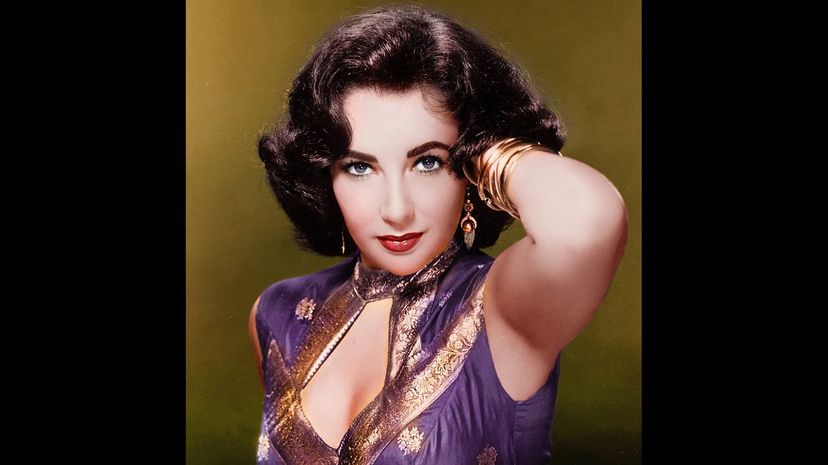
A child star in the '40s, the violet-eyed Elizabeth Taylor won her first best actress Oscar in 1960 for "BUtterfield 8," then won another six years later for "Who's Afraid of Virginia Woolf?" She is famous not only for her acting, including earning a record $1 million to play Cleopatra, but for her wild personal life, which included seven husbands.
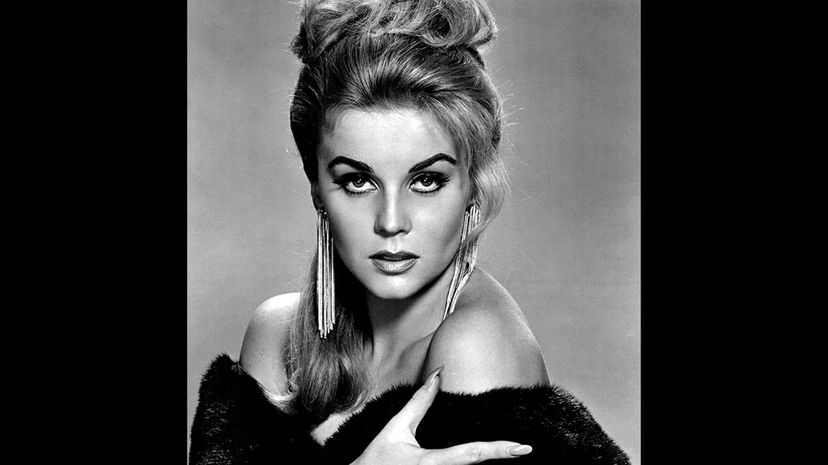
After leaving her native Sweden, Ann-Margret signed with both RCA Records and 20th Century Fox in 1961. She recorded some Elvis hits, including "Heartbreak Hotel," then starred alongside the King in the movie "Viva Las Vegas" in 1964. She is also remembered for her role as Melba in "The Cincinnati Kid" alongside Steve McQueen.
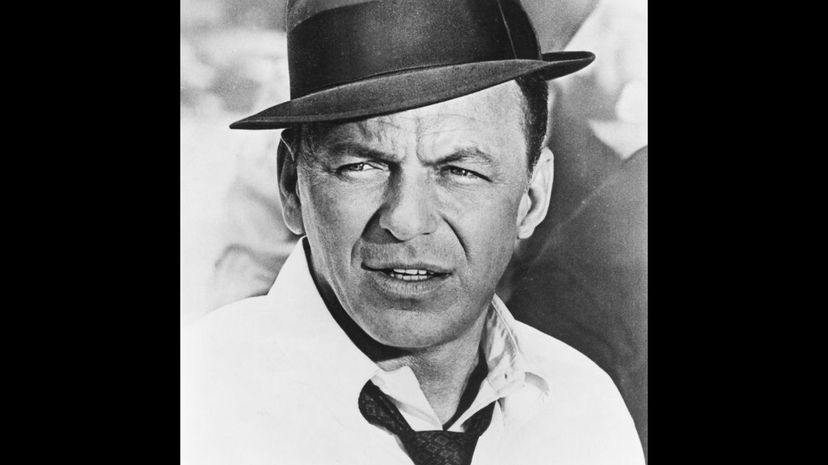
After releasing his debut album in 1946, Frank Sinatra went on to become one of the bestselling singers of all time, despite never learning to read music. He hit it big as a member of the Rat Pack during a '50s Vegas residency, and his marriage to actress Ava Gardner only made him more famous during the decade. He even tried his hand at acting, winning the best supporting actor Oscar for his role in "From Here to Eternity" in 1953.
Advertisement
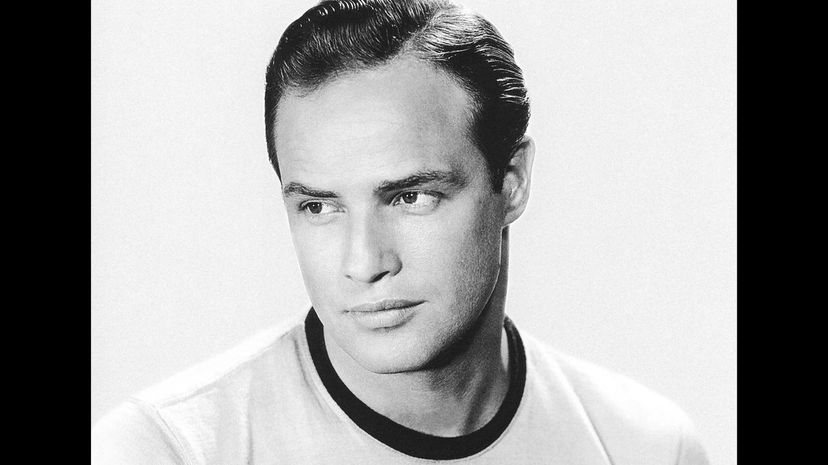
As Stanley Kowalski in the 1951 film version of "A Streetcar Named Desire," Marlon Brando tore out his heart with his scream for Stella. He played it a lot cooler as Vito Corleone in "The Godfather" two decades later, which earned him his second Oscar for best actor.
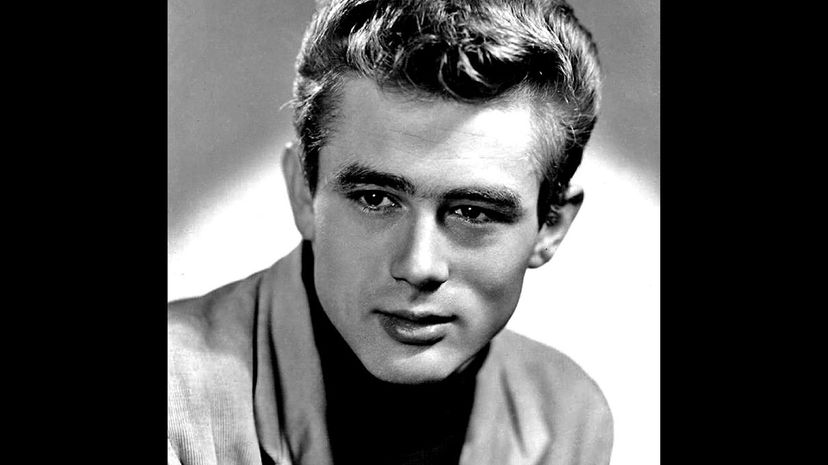
James Dean was a rising star with unlimited potential after his role as Cal in "East of Eden" in 1955. Sadly, the 24-year-old died in a car accident in 1955, leaving two completed films, "Rebel Without a Cause" and "Giant" to cement his role as a Hollywood icon.
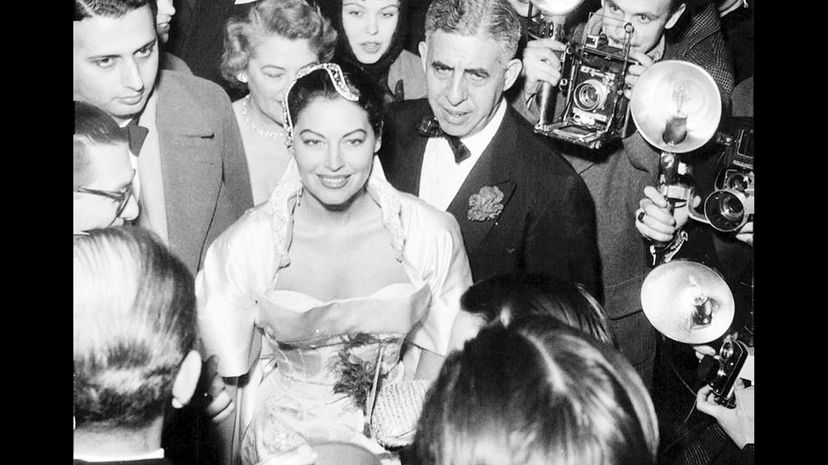
A young Ava Gardner wed Mickey Rooney in 1942, only to divorce a year later. After the 1947 film "The Killers" put her on the Hollywood A-list, she spent the '50s as Mrs. Frank Sinatra, and picked up an Academy Award nomination for her role in John Ford's "Mogambo" alongside Clark Gable and Grace Kelly.
Advertisement
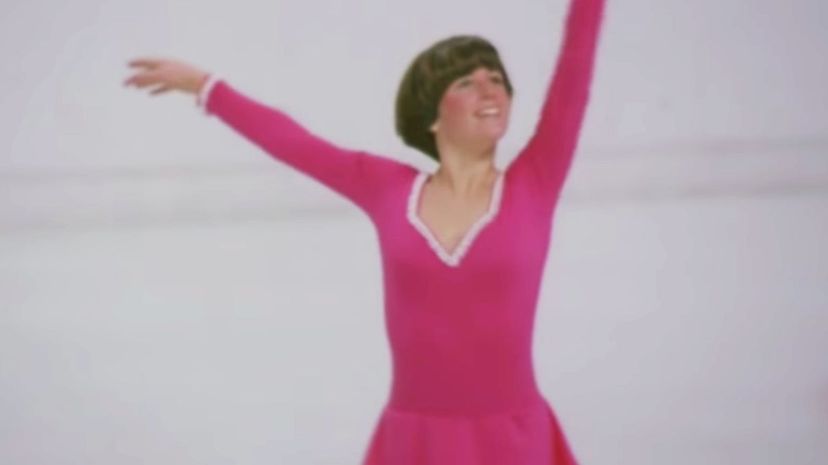
Dorothy Hamill won figure skating gold in 1976 then spent a decade touring with the Ice Capades. While her skating prowess certainly won her fans, it was her hairstyle that women really loved, and many sported Hamill-inspired bobs shortly after the skater's Olympic victory made her a star.
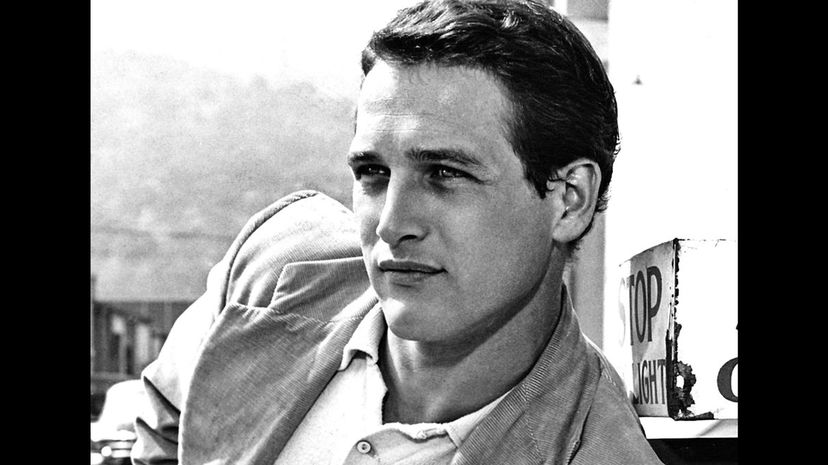
Paul Newman made boomer fans proud. Not only did he blow audiences away with roles in "The Long Hot Summer" and "The Color of Money," but Newman also left a powerful legacy. All profits from his food line Newman's Own, which sports his smiling image, go straight to charity.
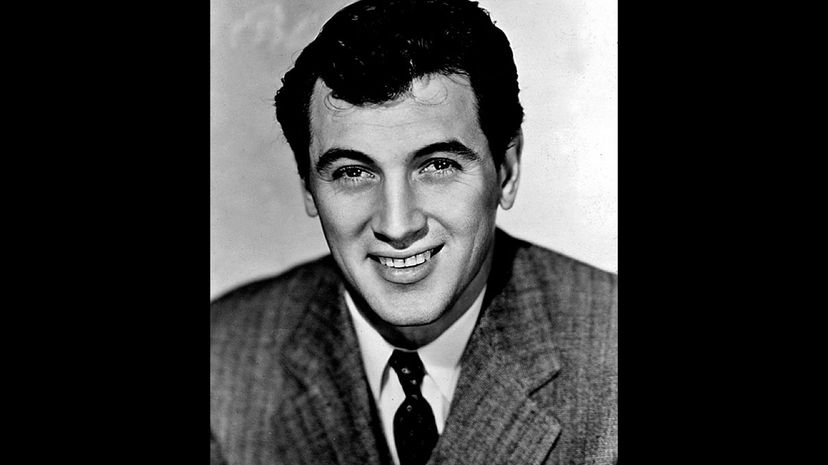
Rock Hudson was a huge star of the '50s and '60s. He earned an Oscar nod for his work opposite James Dean in "Giant," and raked in the dollars at the box office for his role in "Pillow Talk" and other rom-coms with Doris Day. In 1985, he became one of the first major celebrities to die of AIDS-related causes at a time when the disease wasn't well understood.
Advertisement
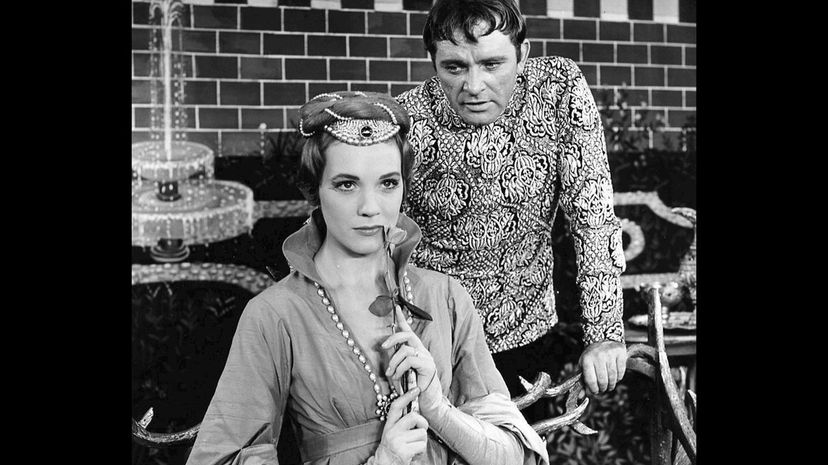
Julie Andrews hit it big on Broadway and London's West End before moving to Hollywood in the '60s. She will live forever in fans' hearts as Maria von Trapp in "The Sound of Music," and generations of children have fallen in love with her as Mary Poppins, a role which won her the best actress Oscar. She is pictured here with Richard Burton in the original Broadway production of the musical "Camelot."
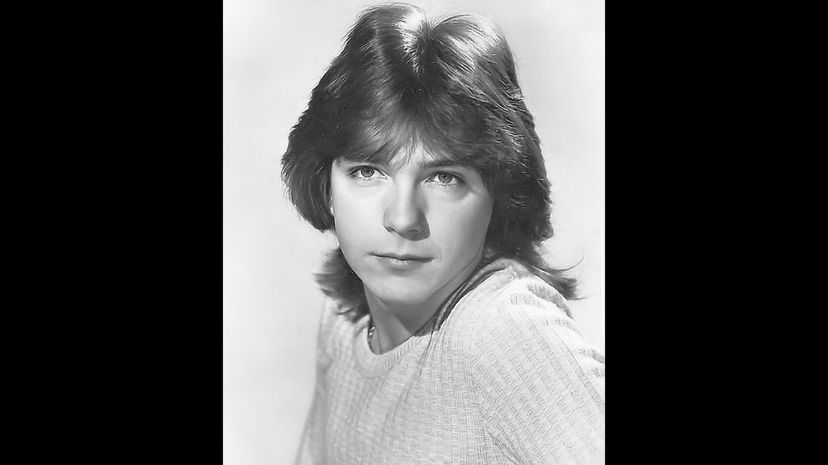
His long hair and good looks made girls swoon when he took on the role of oldest son Keith on "The Patridge Family." David Cassidy turned his role on the TV show about a singing family into a full-fledged empire, complete with world tours, bestselling albums and a Walmart worth of merchandise with his face on it. We understand if you think you love him, too.
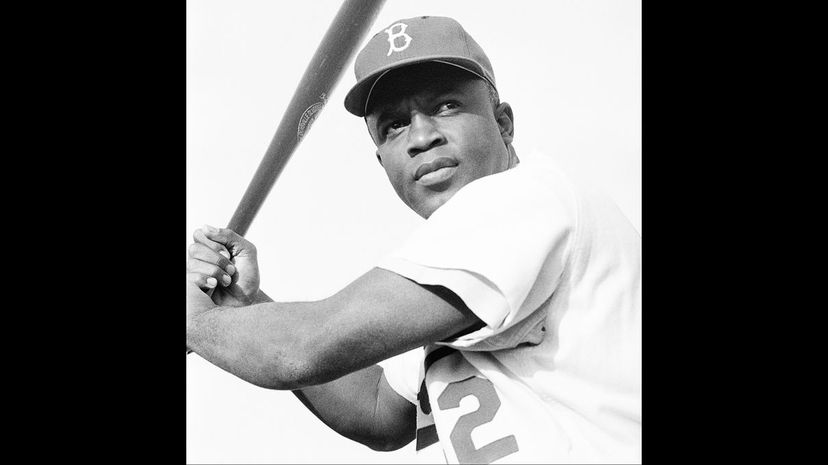
Not a single African American played in the MLB from the 1880s, when the Negro Leagues were developed, until Jackie Robinson stepped out onto the diamond in 1947. His historic place on the Brooklyn Dodgers changed the MLB forever, so it's no surprise that his #42 jersey was retired in his honor.
Advertisement
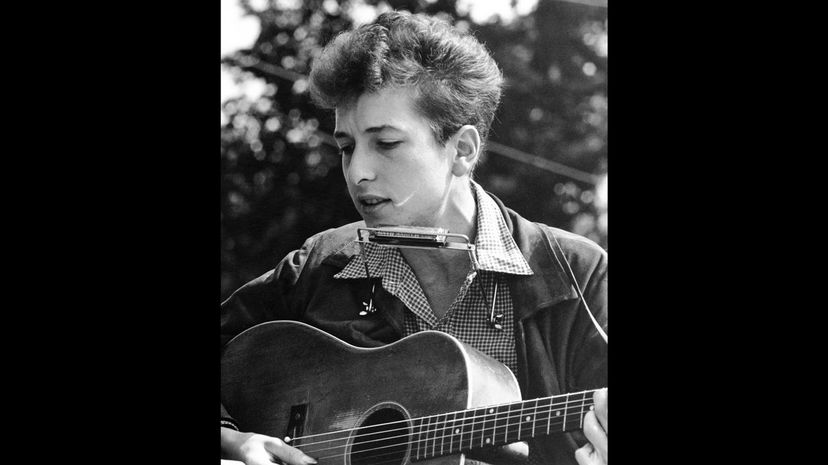
With "Blonde on Blonde" and "Highway 61 Revisited," Bob Dylan produced some of the most celebrated albums of the '60s. Songs like "Blowin' in the Wind" and "The Times They Are A-Changing'" captured the feelings of a new generation, many of whom were ready to fight for equality and peace in a way many of their parents never did.
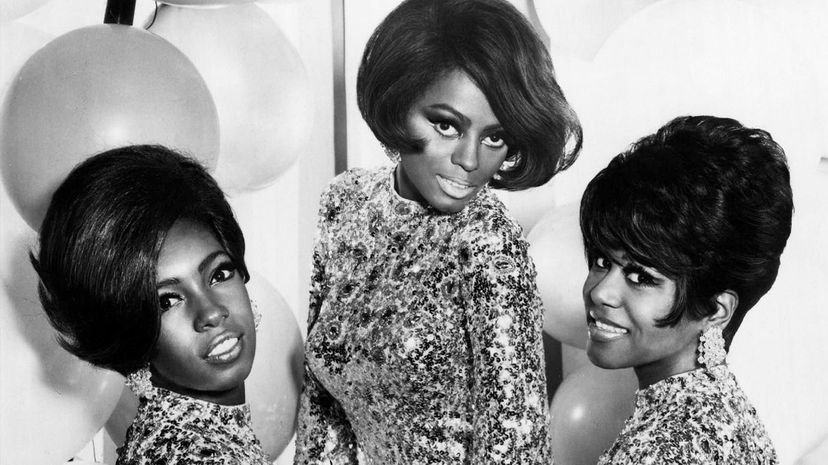
From "Baby Love" to "Someday We'll Be Together," Diana Ross belted out some of Motown's most memorable tunes. After spending the '60s as part of The Supremes, she went solo in the '70s and arguably became even more famous. Not only did she top the music charts in the '70s, but she also took on film roles like Billie Holiday in "Lady Sings the Blues" and Dorothy in "The Wiz."
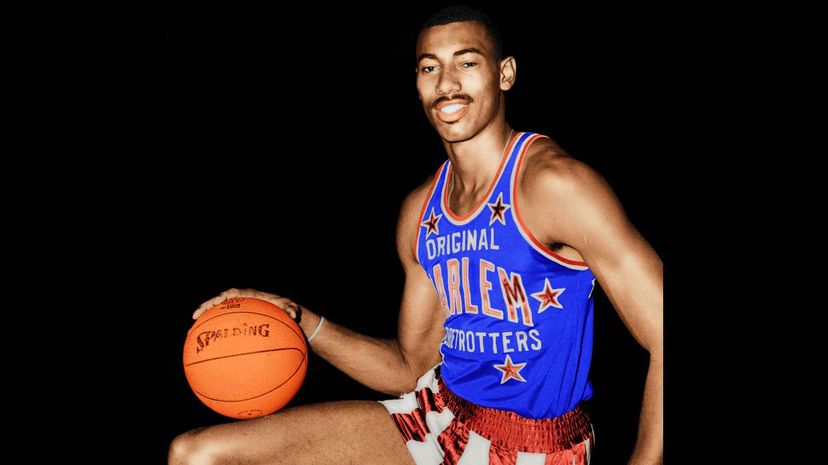
At 7'1", Wilt Chamberlain was pretty much destined to play basketball. After a spin with the Harlem Globetrotters, he joined the NBA in the mid-'60s with teams like the Warriors, '76ers and Lakers. He was a four-time MVP who picked up his nickname Big Dipper because of the way he had to dip his head down to fit his tall frame under a doorway.
Advertisement
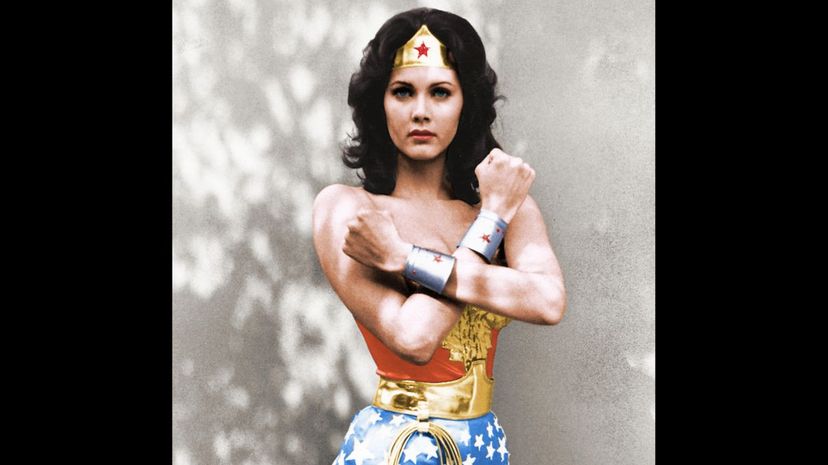
Lynda Carter was a relatively unknown actress in 1975 when she was cast to play the title character in the "Wonder Woman" TV series. The role, and her incredible beauty, made her a major star and led to commercials with Maybelline cosmetics and other brands over the decades.
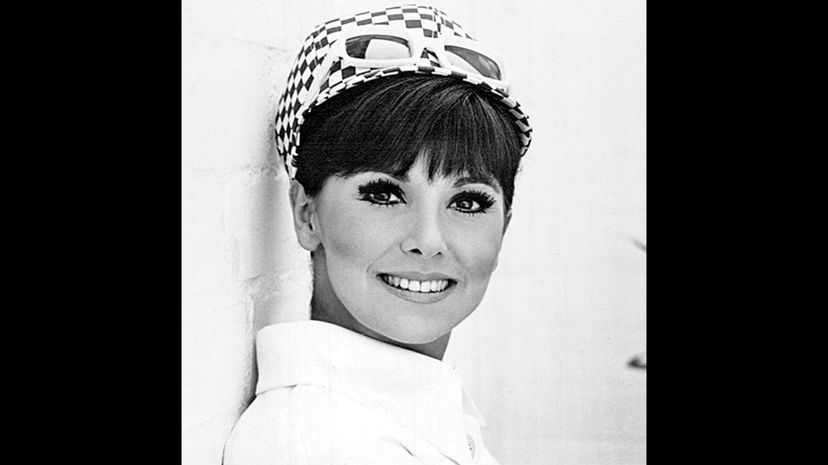
As Ann Marie in "That Girl," Marlo Thomas embarked on a rare path for young women during the period. She moved on her own to the big city and took temp jobs to support herself as an actress. It was a huge inspiration for female baby boomers, who were more accustomed to seeing women in the role of housewife and mother.
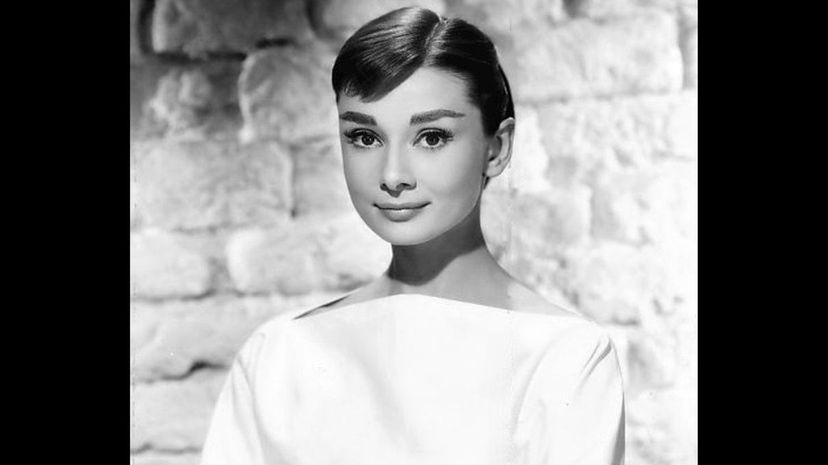
Audrey Hepburn won the best actress Oscar for one of her first big roles as Princess Ann in "Roman Holiday." She won more fans throughout the '50s in "Sabrina" and "Funny Face," but her most epic role is that of the quirky Holly Golightly in the Truman Capote-inspired "Breakfast at Tiffany's" in 1961.
Advertisement
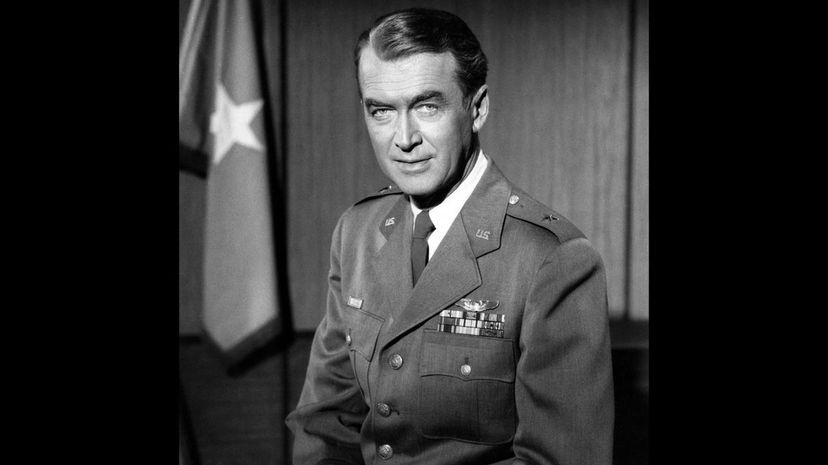
In between serving in both WWII and the Vietnam War, Jimmy Stewart turned his "regular guy" persona into an incredible film career. He was George Bailey in the holiday classic "It's a Wonderful Life," won an Oscar for "The Philadelphia Story," wowed fans in Hitchcock movies like "Vertigo" and "Rear Window" and even found time to star in classic westerns.
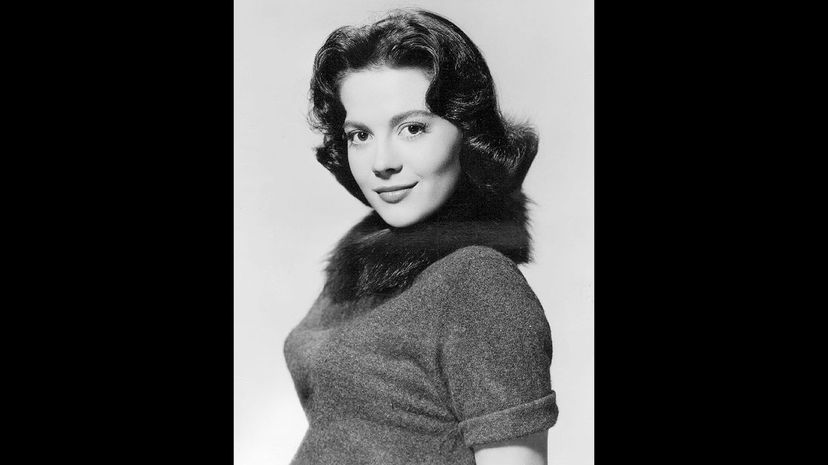
Natalie Wood was just 16 when she won movie fans' hearts with her role in "Rebel Without a Cause" in 1955. She later found critical acclaim and even more box office success starring opposite Warren Beatty in "Splendor in the Grass." You may also remember a young Natalie Wood from the 1947 version of "Miracle on 34th St."
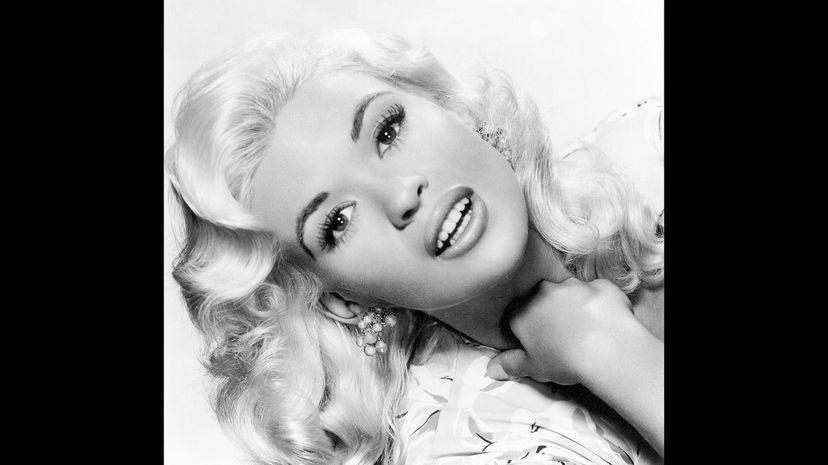
A major sex symbol of the '50s and '60s, Jayne Mansfield hit it big with "The Girl Can't Help It" and "Too Hot to Handle." As her star began to fade, she became the first actress to appear fully nude in a major film with the 1963 production "Promises! Promises!" Sadly, Mansfield was lost to a car crash in 1967 in New Orleans.
Advertisement
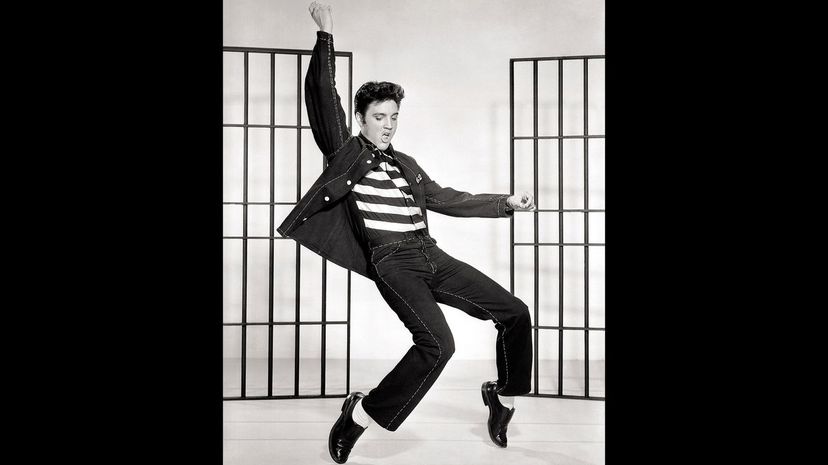
Elvis Presley hit the airwaves in the early '50s with a sound known as rockabilly. After topping the charts with "Heartbreak Hotel" and the box office with "Love Me Tender," Presley was drafted into the Army in '58. He did a two-year stint before slipping right back into his music and movie career, then launched a Vegas residency in 1968.
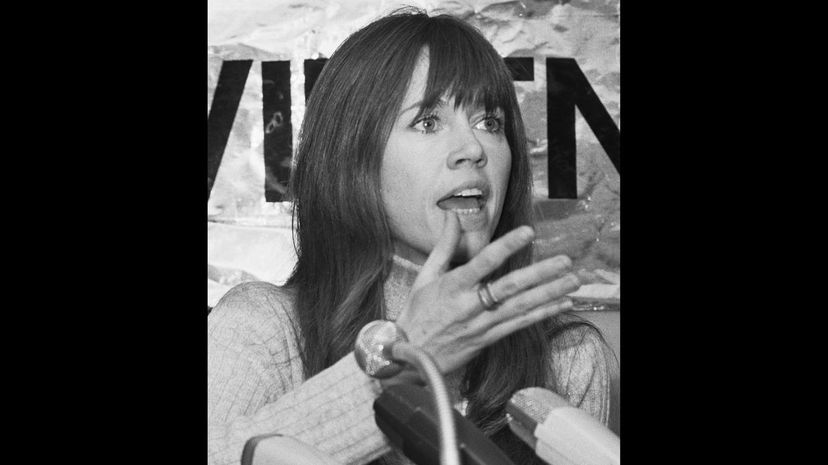
Henry Fonda was such a Hollywood icon that it made sense for his daughter Jane to try out the family trade. She won two best actress Oscars for "Klute" in 1971 and "Coming Home" in 1978. Her activism during the Vietnam War made her a controversial figure, but there are few among her generation who don't know her name.
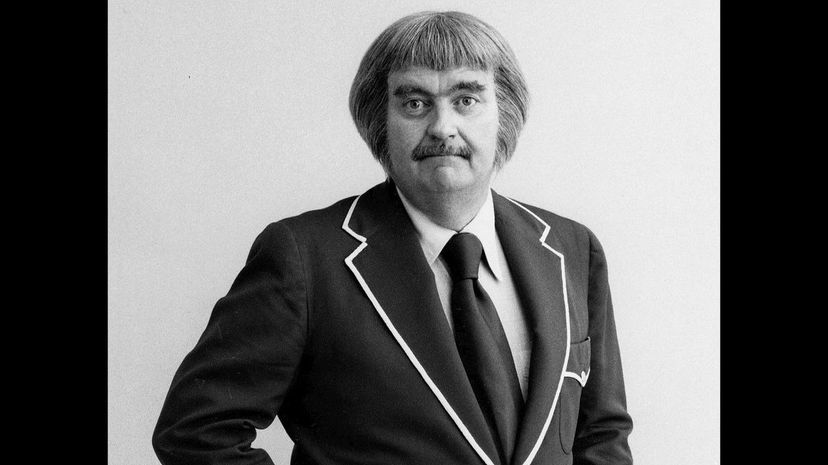
Bob Keeshan spent 30 years as Captain Kangaroo on CBS. The children's series entertained generations of young people thanks to Keeshan, Mr. Green Jeans and plenty of ping-pong ball gags.
Advertisement
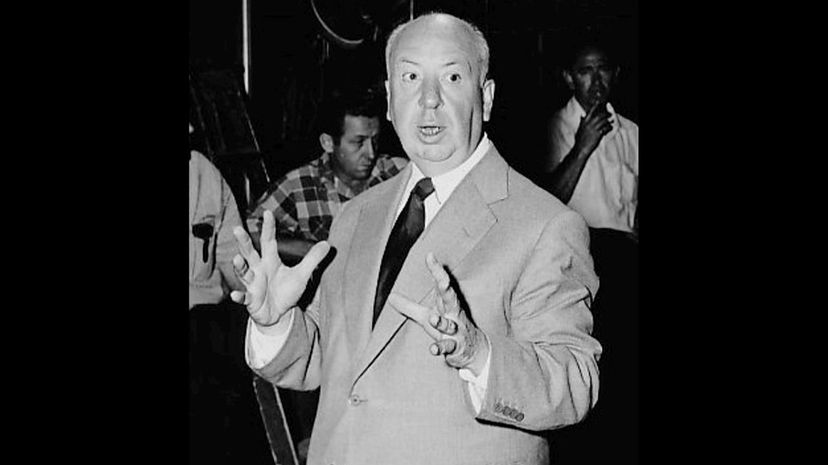
Alfred Hitchcock did more than direct classic horror films like "Psycho," "Rebecca," "Vertigo" and "The Birds." He invented an entirely new style of filmmaking that put viewers themselves into the action. Hitchcock also hosted a successful anthology television program from 1955 through 1965 to bring his love for horror to a whole new audience.
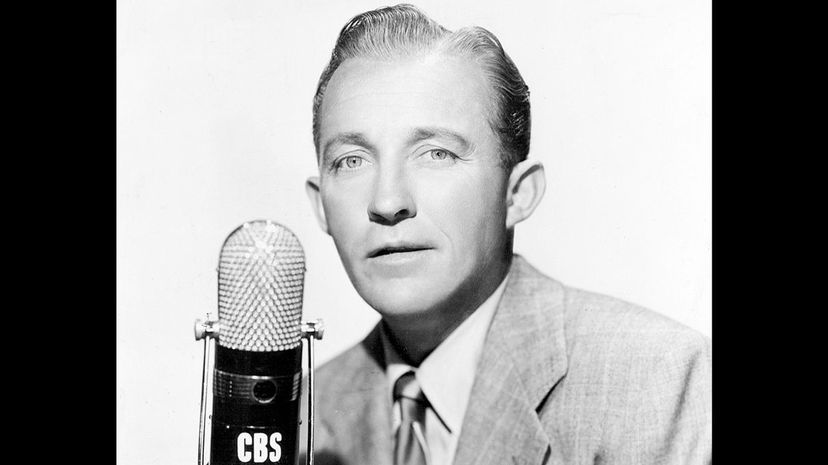
Bing Crosby was already a huge radio star when his song "White Christmas" came out in the late '40s. He won an Oscar for his role in the 1944 film "Going My Way," made seven "Road to..." films with Bob Hope and was a natural choice to star in the film version of "White Christmas," which came out in 1958 and remains a holiday classic to this day.
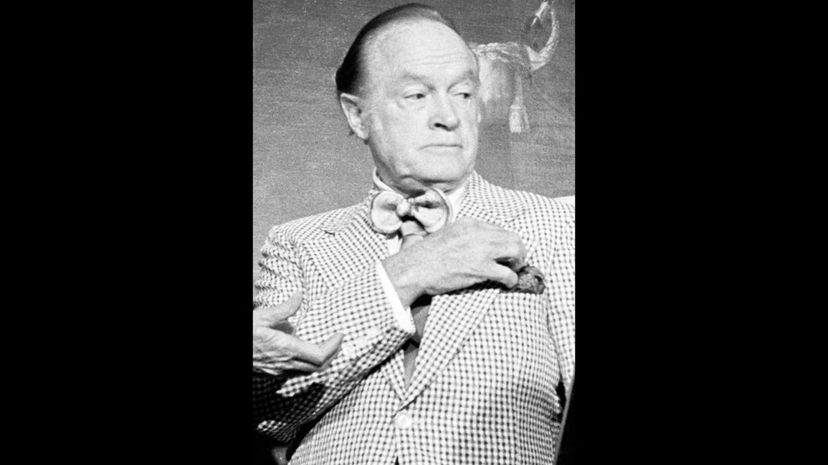
It's hard to hear "Thanks for the Memories" and not think of entertainment icon Bob Hope. A versatile performer, he rose to fame in a series of TV specials in the '50s, made a beloved series of films with Bing Crosby and hosted the Oscars 19 times between the '30s and the '70s. One of his proudest accomplishments was his contribution to the military; Hope went on 57 USO tours over a 50-year period between 1941 and 1991.
Advertisement
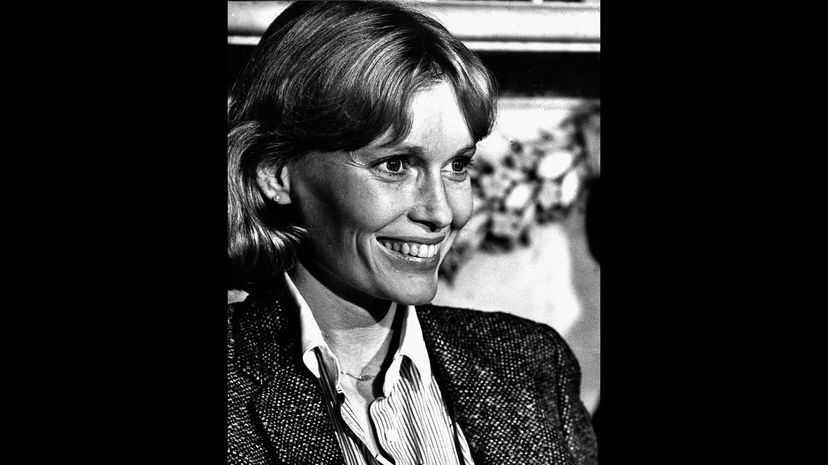
Mia Farrow first found fame as Allison Mackenzie on "Peyton Place" in the '60s. By the time the series ended, the 21-year-old actress had wed Frank Sinatra, who was twice her age at the time. The pair split by '68, the same year Farrow gave birth to one terrifying infant in "Rosemary's Baby."
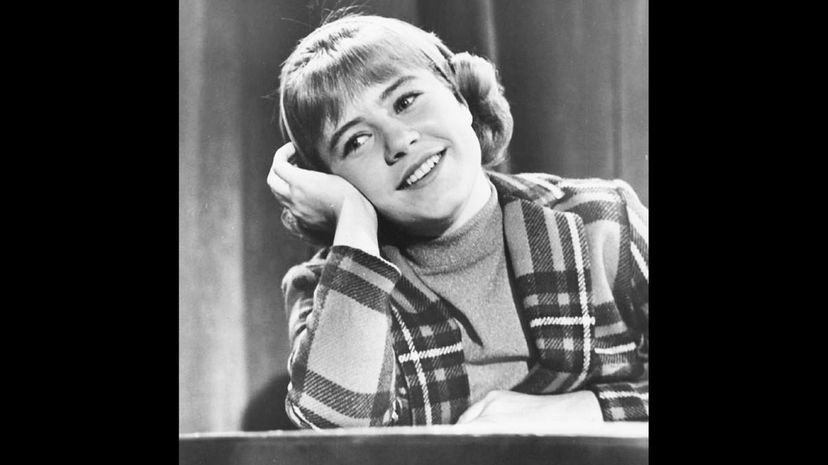
Patty Duke became one of the youngest people to ever win an Oscar when she picked up the award for Best Supporting Actress in 1962 at the age of 16. She got her own show the next year, "The Patty Duke Show," in which she played a pair of identical cousins. She broke out of the good girl mold a few years later, when she played Neely in "Valley of the Dolls."
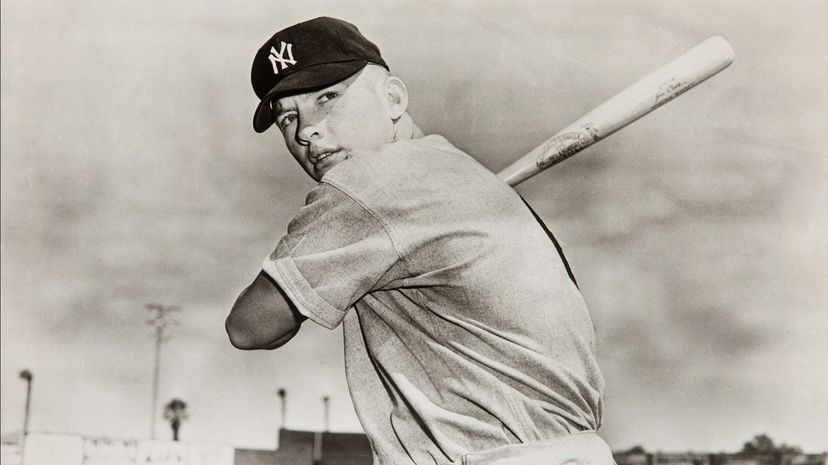
Mickey Mantle was one of the biggest sports stars of the '50s and '60s. The switch hitter covered first base for the Yankees from 1951 through 1968, during which time he won seven World Series was a 20 time All-Star. Famous for his batting prowess, his record sits at 536 MLB career home runs.
Advertisement
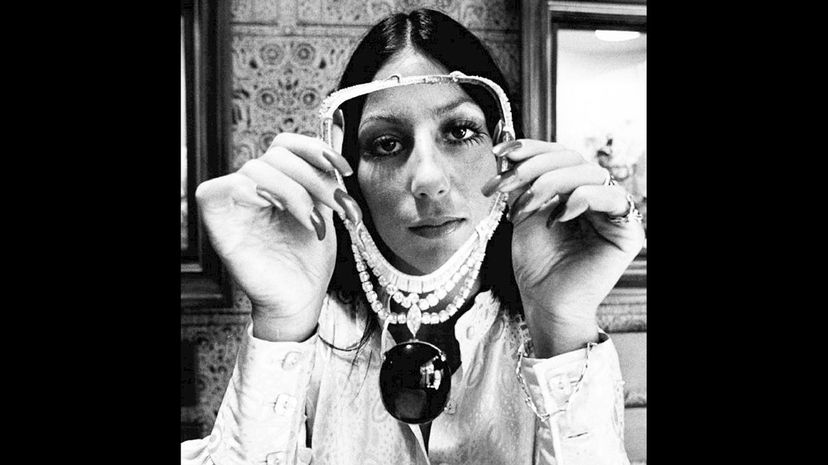
Born Cherilyn Sarkisian, this star needs only to introduce herself as Cher for people all over the world to recognize her. Famous for reinventing herself, she spent the early '60s as one half of Sonny and Cher, then went solo in '66 before continuing to entertain millions with her records, movies and a hugely successful Vegas residency in the '80s. Oh, and then there's that best actress Oscar, which she won for her role in the 1987 film "Moonstruck."
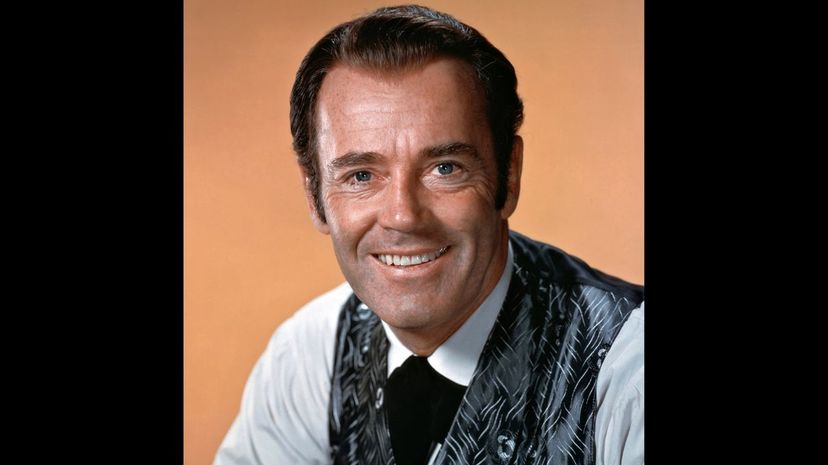
Sergio Leone succeeded with his plan to shock fans by casting their beloved Henry Fonda as a cold-blooded killer in "Once Upon a Time in the West." The western was just one of Fonda's countless movie roles, which also include flicks like "12 Angry Men," and "On Golden Pond," which earned him an Oscar for best actor.
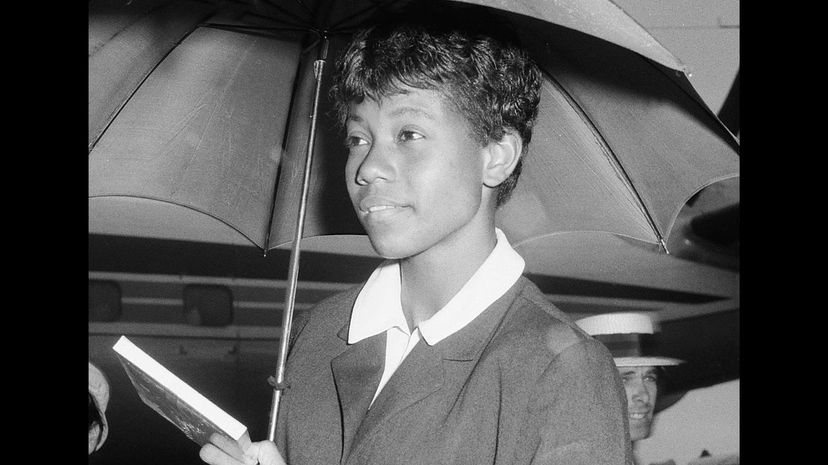
A bout of polio at age 5 forced Wilma Rudolph to use leg braces just to be able to walk until the age of 12. Just four years later, she won bronze at the 1956 Olympics. At the 1960 games in Rome, she picked up three gold medals. For dominating her sport against all odds, she became an icon, and her status as an African-American female celebrity helped to support the efforts of the civil rights movement.
Advertisement
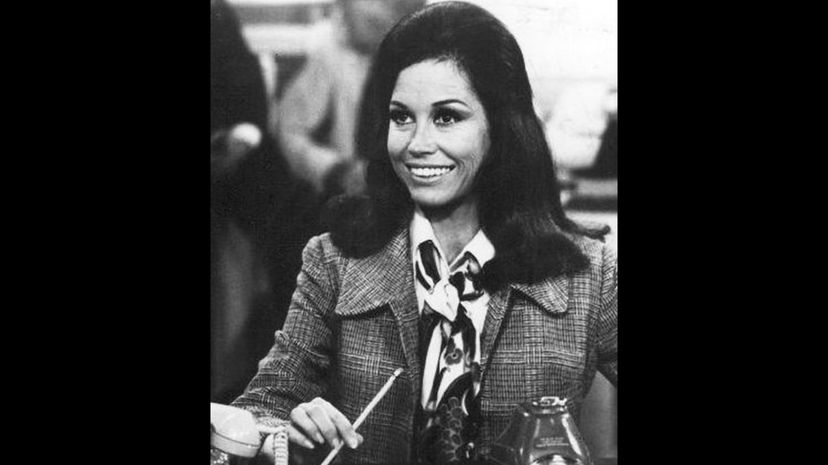
After spending much of the '60s playing a wife and mother on "The Dick Van Dyke Show," this actress got her own series in 1970 with the debut of "The Mary Tyler Moore Show." Moore played an independent woman who moved to Minneapolis and found a job after a divorce, letting all the women of her generation know that they, too, just might make it after all, no husband required.